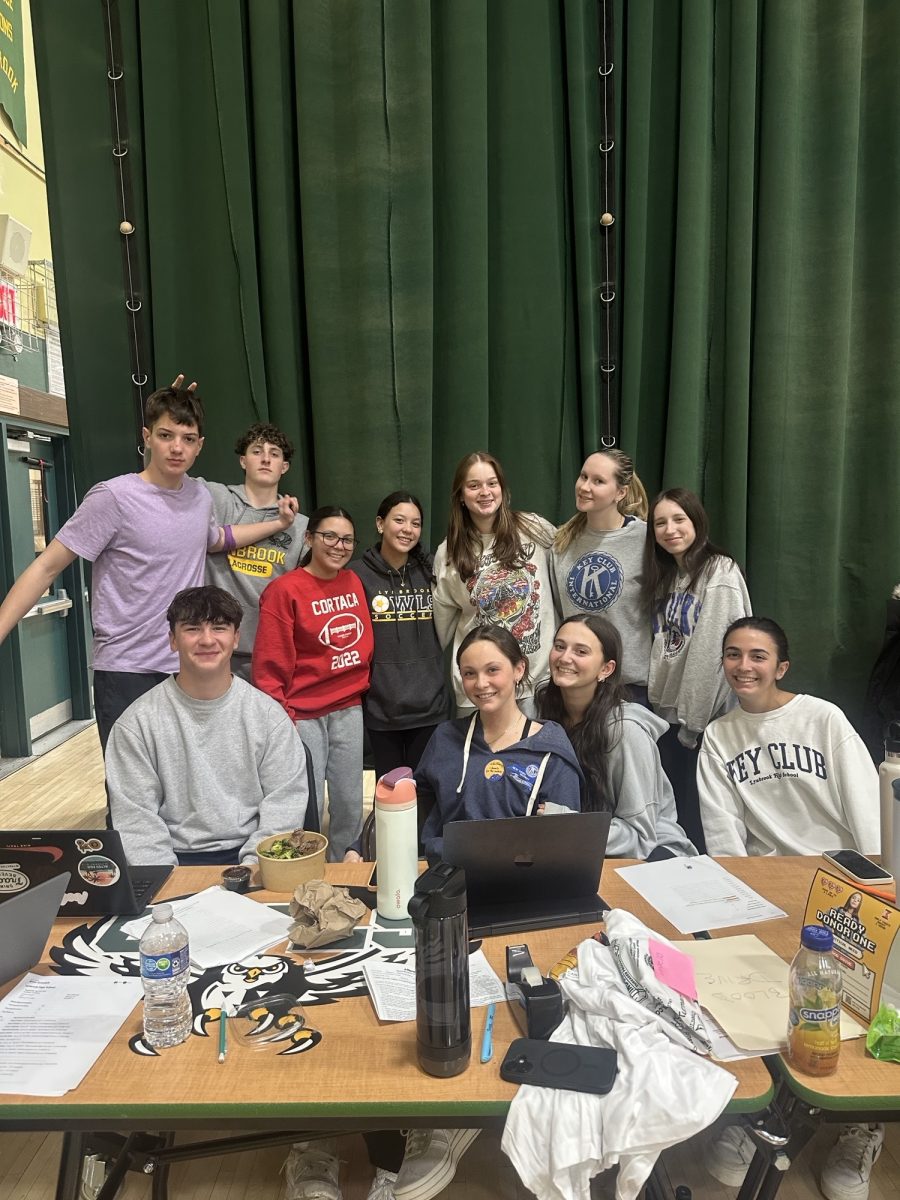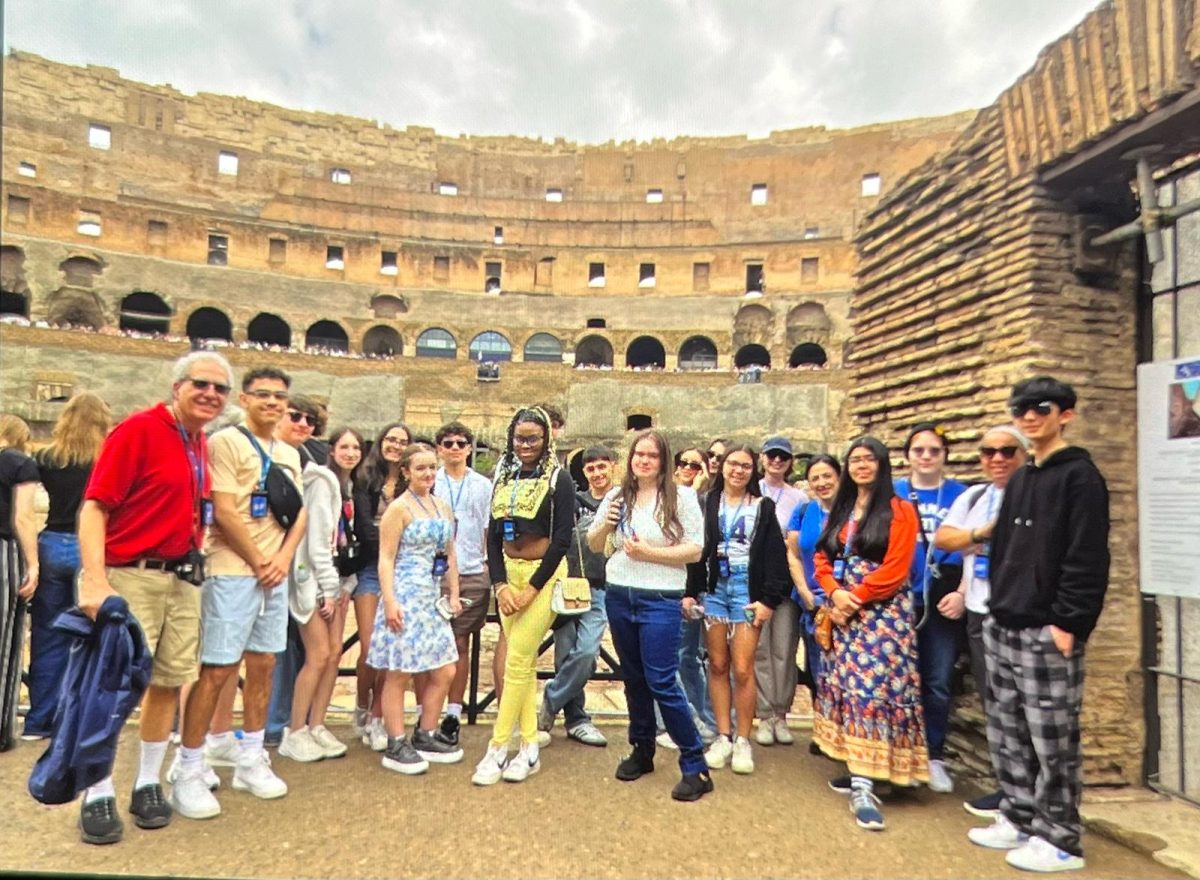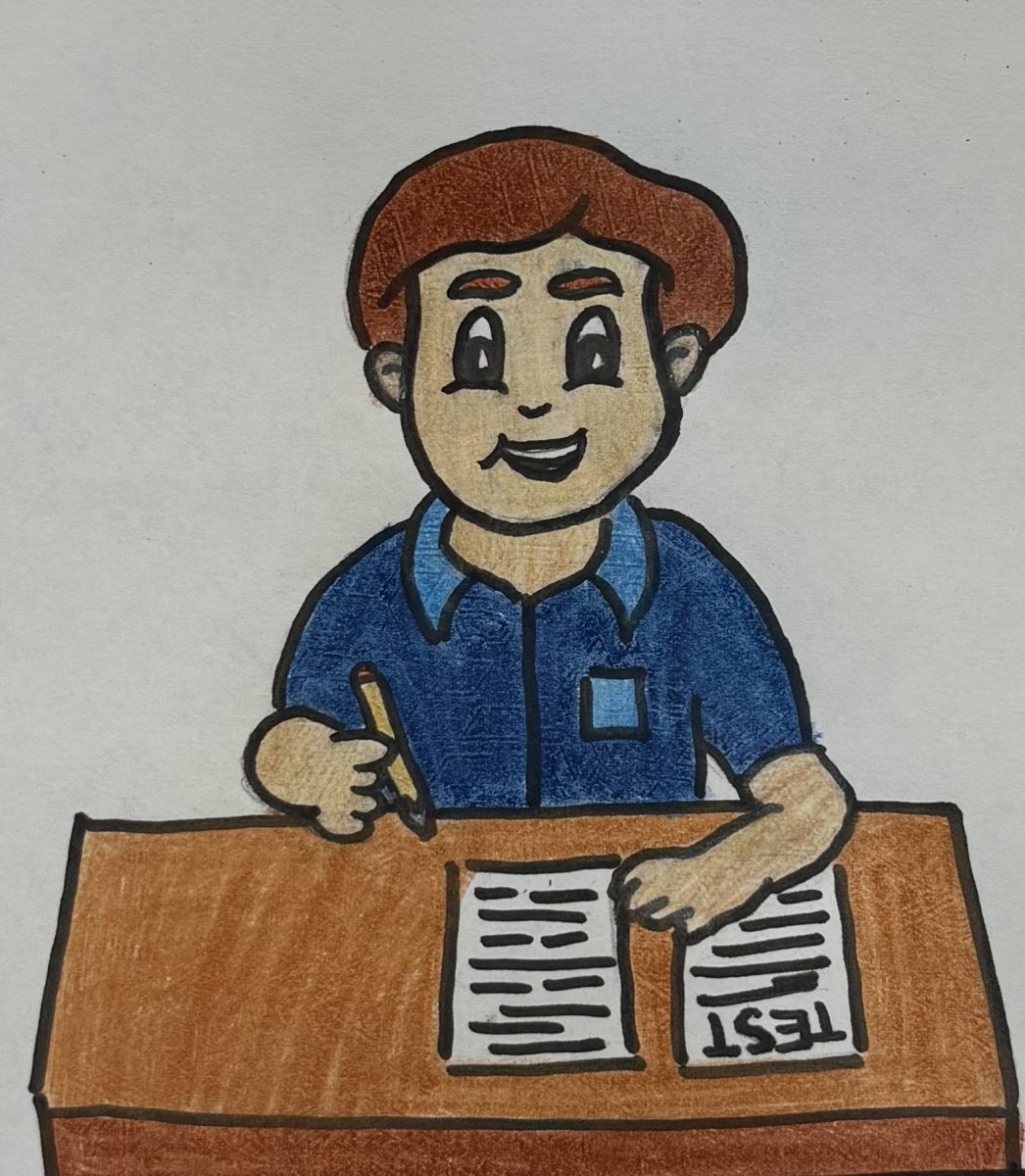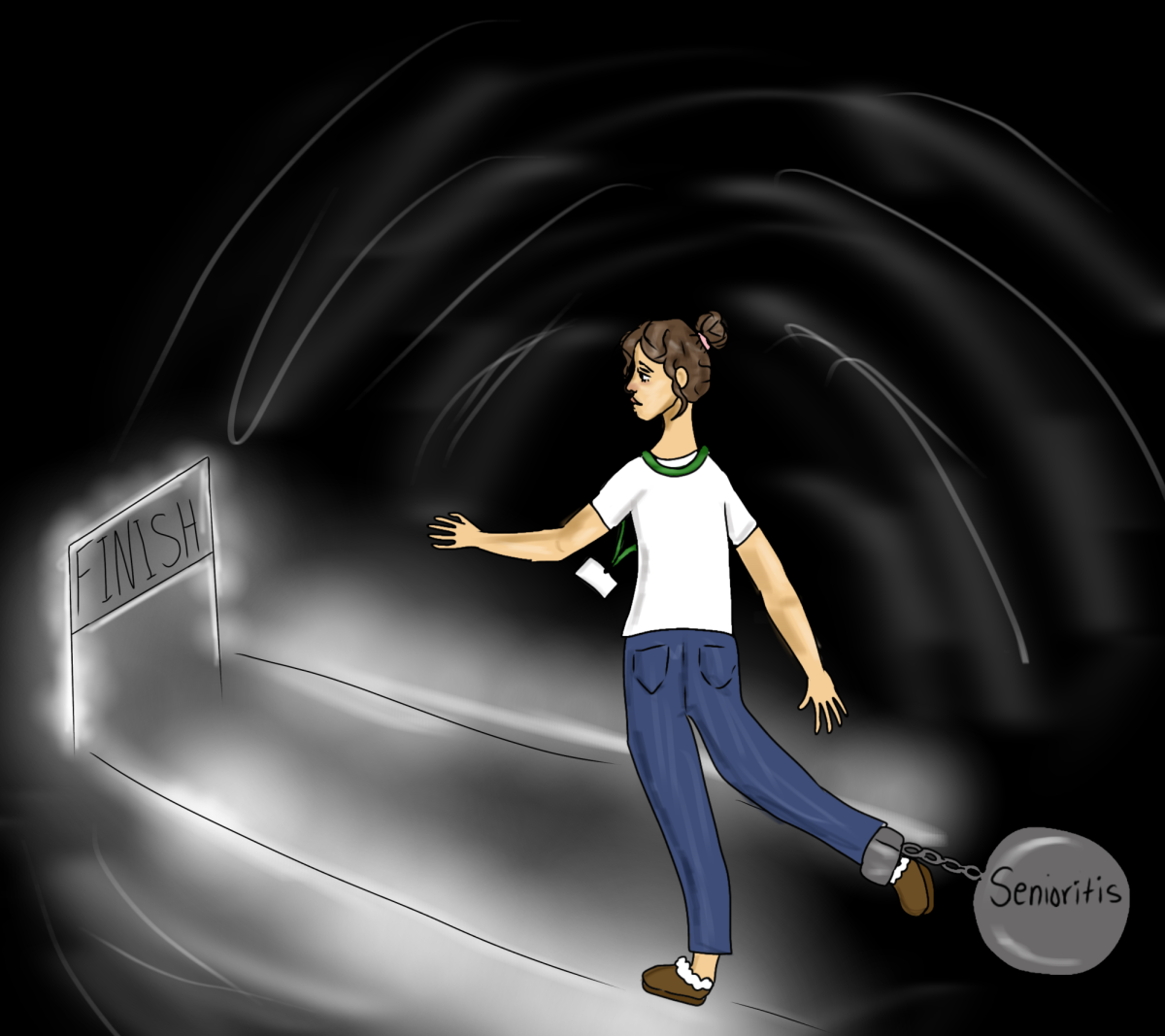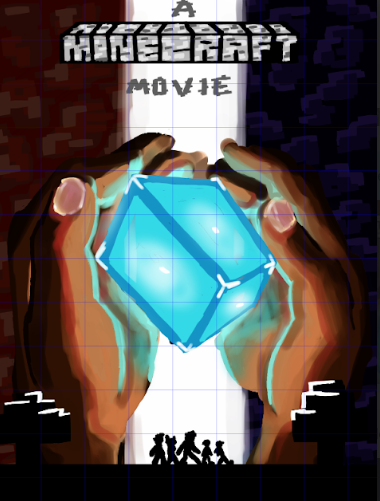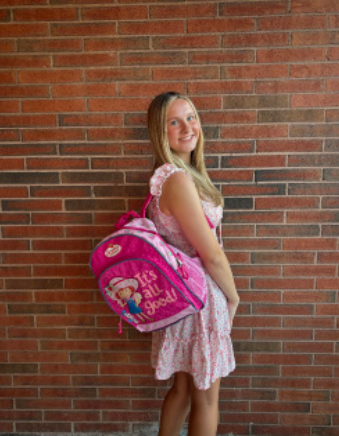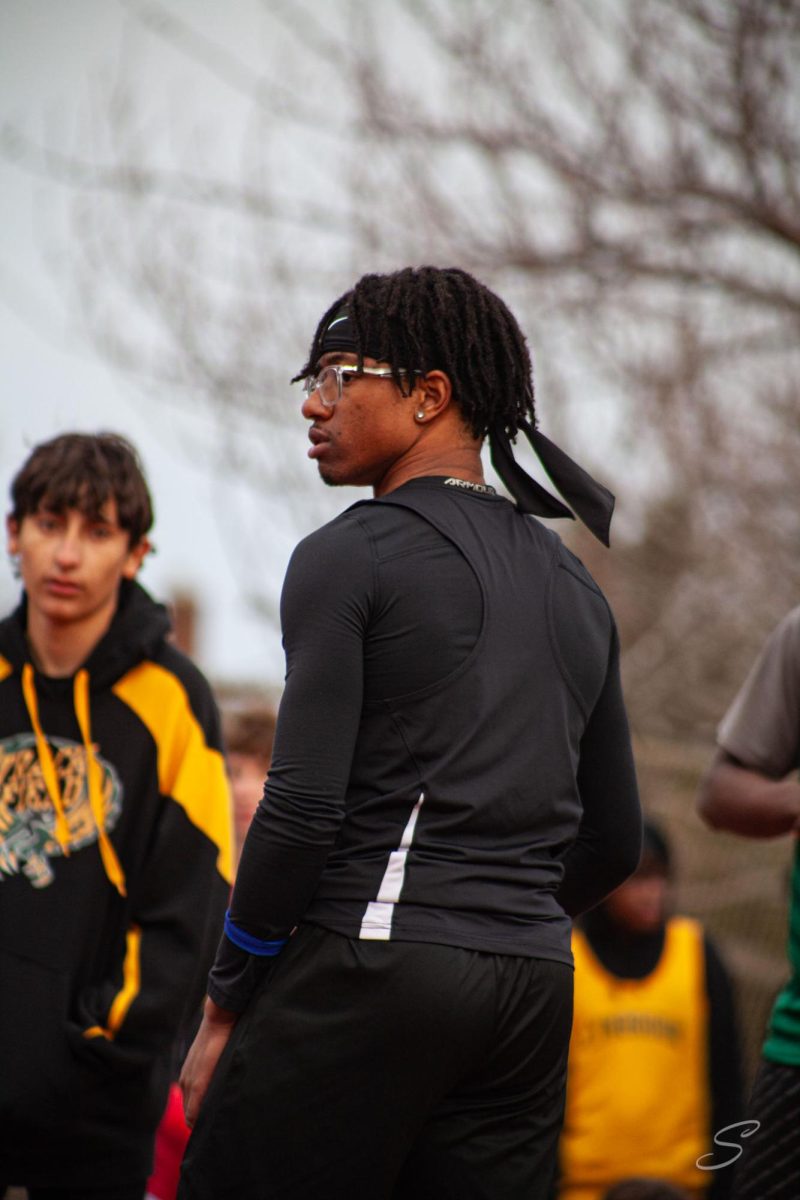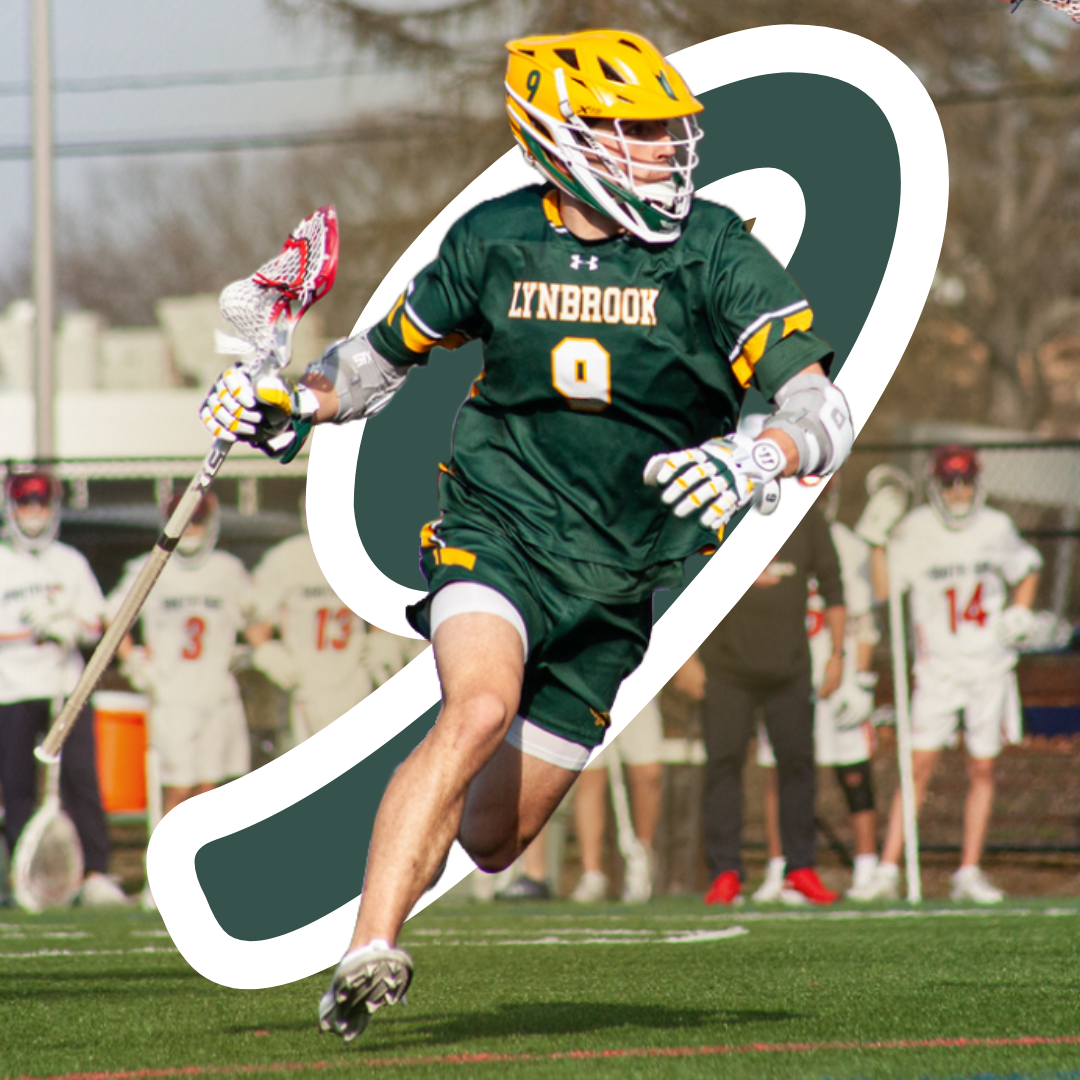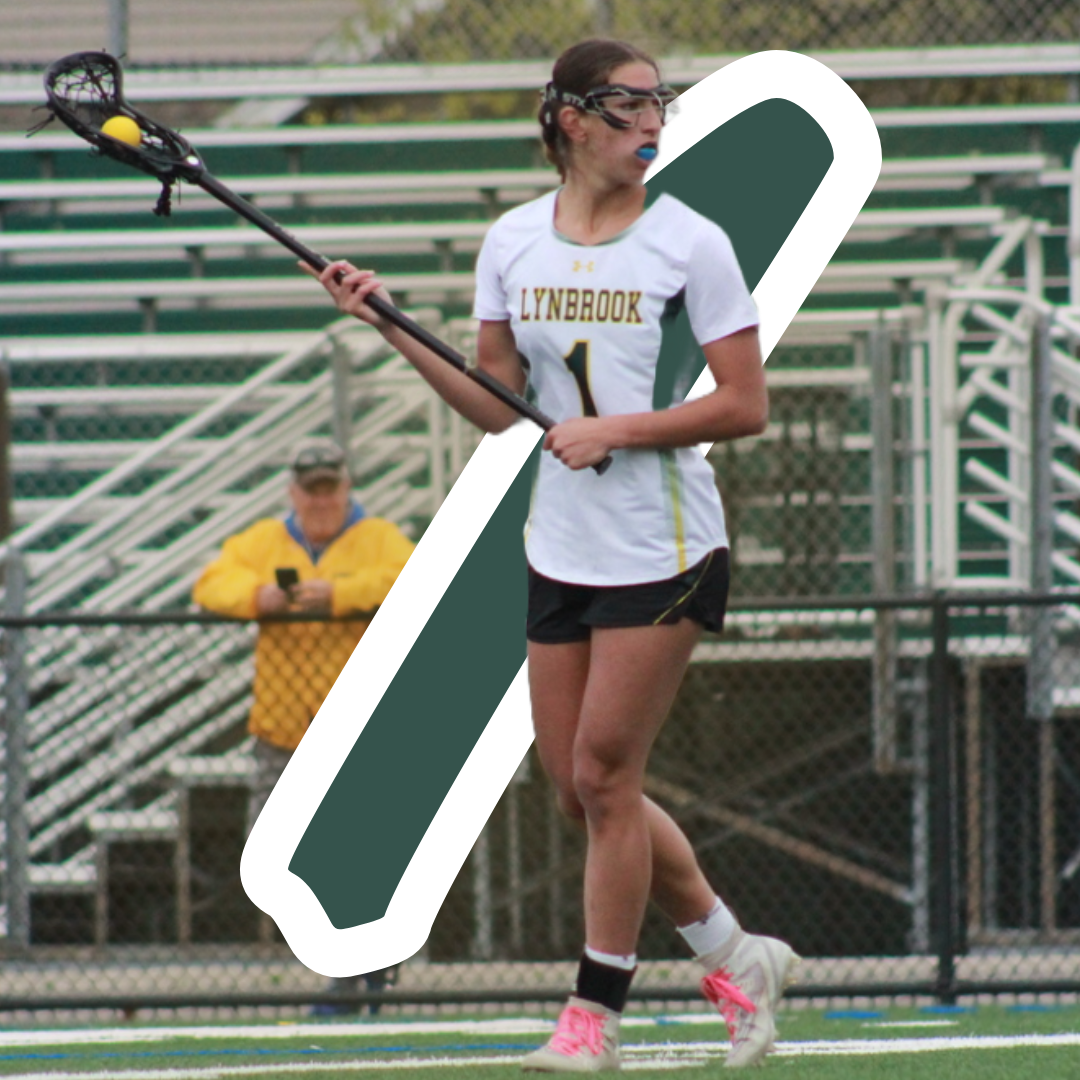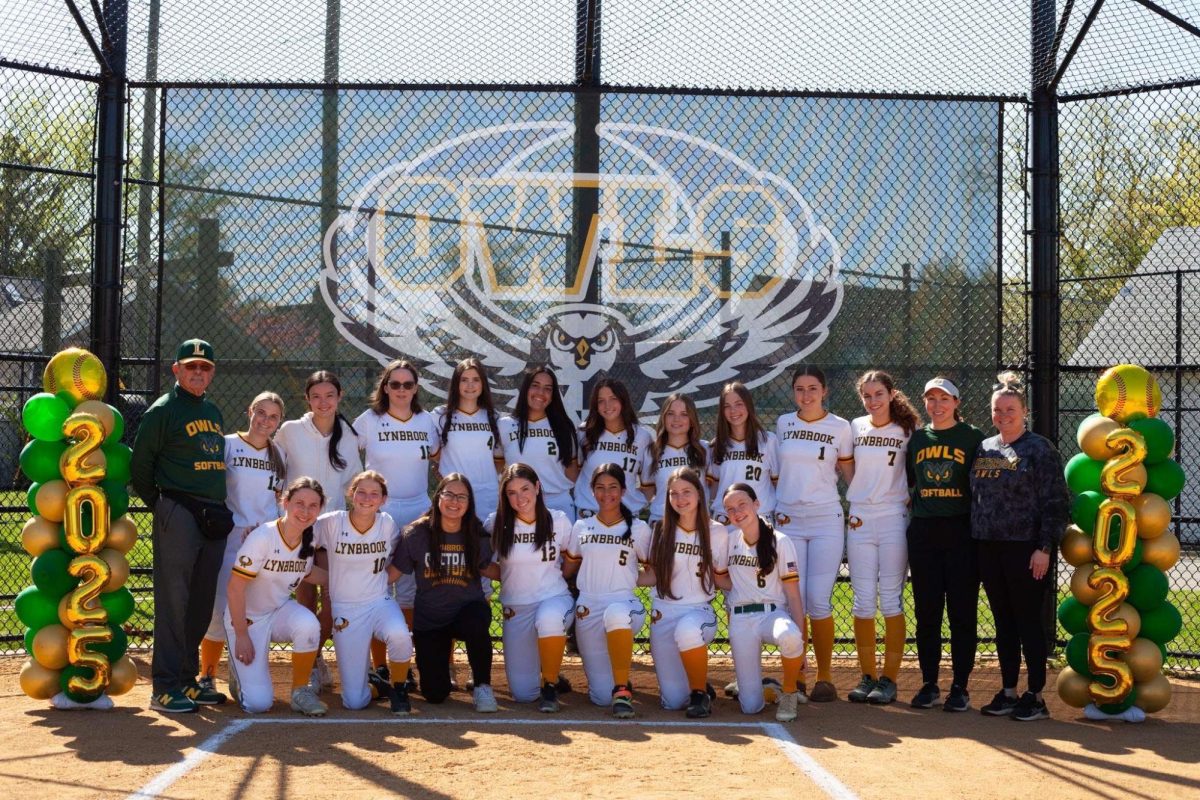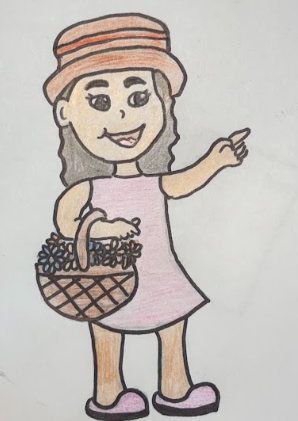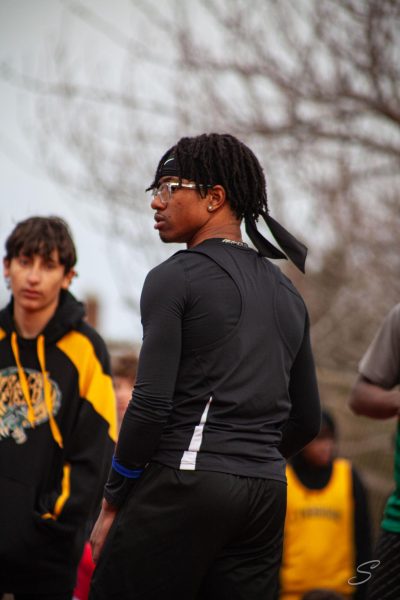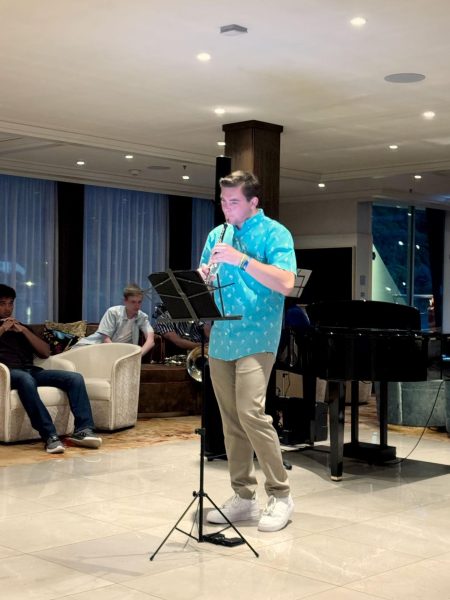March for Our Lives

Protestors gathered in New York City.
This past Valentine’s Day, a lone gunmen armed with an AR-15 walked in to Marjory Stoneman Douglas High School (MSD) in Parkland, Florida. Within seven minutes of having entered the building, 17 people were dead. The unthinkable tragedy broke the hearts of millions of Americans, as they were left struggling to understand the event and what led up to it. Speaking at a gun control rally in Fort Lauderdale, MSD senior Emma Gonzalez, who has championed the “Never Again” movement, explained, “If all our government and president can do is send thoughts and prayers, then it’s time for victims to be the change that we need to see.” In the weeks that were to follow, a national dialogue was opened, school walkouts were staged, and a march on Washington, dubbed the March for Our Lives, took place, proving these students were not backing down. They were ready to be the change we needed to see.
What started out as a group of student activists advocating for gun control became the massive movement of Never Again MSD. On March 24, an estimated 800,000 people gathered in Washington D.C.. Many speakers and performers also attended the march.These speeches, as seen in videos by the Florida Sun Sentinel, were poignant, powerful, and expressed the voice of youth activists across the country. Amongst the speakers were MSD students Cameron Kasky, Jaclyn Corin, Emma Gonzalez, and David Hogg. However, the Parkland survivors recognized the privilege they have experienced with having their voices heard, and many others who have been fighting for an end to gun violence in their communities spoke at the march as well. One such person was Edna Chavez, a 17-year-old Los Angeles native, who described life in LA and how gun violence has affected her and her family. Bringing attention to the accepted “normalcy” of gun violence, she recounts, “I’ve learned to duck from bullets before I learned how to read.” Another young activist, Yolanda King, the 11 year old granddaughter of Rev. Martin Luther King Jr., also spoke at the march. Alluding to her grandfather’s famous speech, she spoke, “I have a dream that enough is enough, and that this should be a gun-free world.” She then led the crowd in a call and response, stating, “Spread the word! Have you heard? All across the nation, we are going to be a great generation!”
Several LHS students attended the march in D.C. When asked what the most powerful moment of the march was, junior Emily Heinrich shared, “There was a part during the speeches where Emma Gonzalez, a prominent voice for this movement, set an alarm on her phone for six minutes and 20 seconds, the time it took for the lives of her 17 fellow schoolmates to be taken from them.” Heinrich continued, “Everything about the march was emotional, but the silence, and the realization of how quickly these kids were killed, was the one thing that physically brought me to tears.” Junior Marisa Keller, who also attended the march, recalled a moment of powerful unity amongst the crowd, “It was the birthday of one of the kids that died and we all sang ‘Happy Birthday’ for him. It was so eerie, I’ve never been more sad singing happy birthday.” Caitlyn Herring, a junior, was most impressed by the grit of the speakers: “One girl threw up because she was so nervous and overwhelmed, and then she just continued as if nothing happened. That was amazing.”
Although the marches created a sense of camaraderie and solidarity, speakers at the marches stressed the importance of voting and taking action above all else. In Washington DC, the nonpartisan organization HeadCount partnered with student organizers to help young people register to vote. In an interview with NBC News, gun control activist and MSD student David Hogg urged people to go out and vote, stating, “Without the persistent heat, without the persistence of voters and Americans everywhere getting out to every election, democracy will not flourish.” Junior Jared Harwin, who attended the NYC march, reflected this sentiment, stating,“I believe that although marches can create conversation within a community and the government, and such conversation can potentially lead to change, it is ultimately up to our elected officials to create the change that such marches are aiming for.” He continues, emphasizing the importance of taking action, “To effect this change it is extremely important for those who are about to turn eighteen to register or pre-register to vote in order to attempt to elect political figures that represent their views.”




